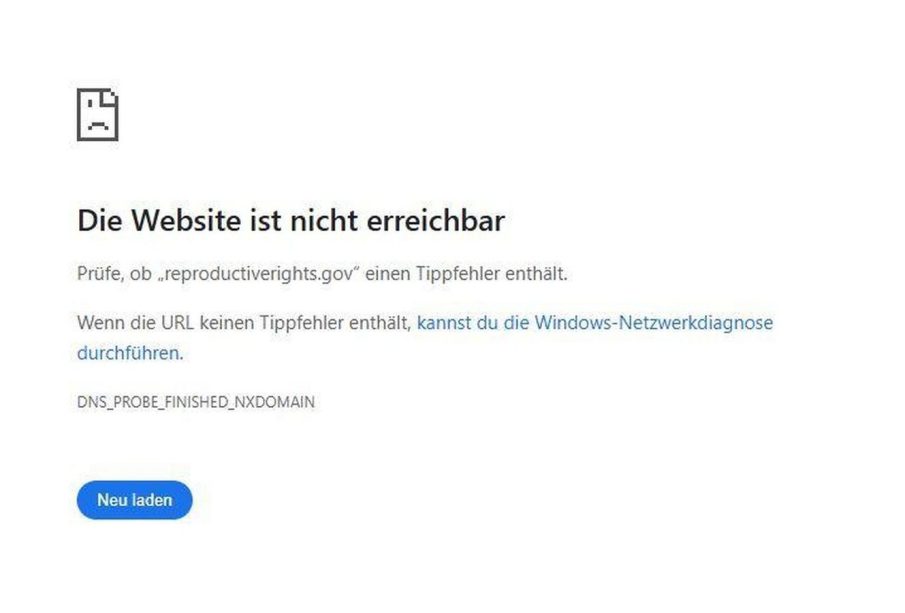Government Policy Reforms 2025: A Comprehensive Look at Major Changes Transforming the Nation

Introduction
The first half of 2025 has ushered in a wave of federal policy changes that are fundamentally reshaping the federal landscape. With executive orders, acquisition reform, oversight mandates, and emerging tech requirements, the nation is experiencing significant shifts in governance.
Major Policy Developments
One of the most notable changes came with the Trump administration’s executive order rescinding the previous administration’s AI regulations, which immediately halted the implementation of key safety and transparency requirements for AI developers. However, regulation of artificial intelligence, data privacy, and social media platforms continues to receive bipartisan attention, with early discussions focusing on creating national AI standards, combating AI-fueled disinformation, and revisiting children’s online privacy laws.
Federal Workforce and Procurement Reform
The federal procurement environment in 2025 is moving towards streamlining, consolidation, cost discipline, and enhanced tech compliance. These changes will affect tens of thousands of professional federal civil servants who have worked under both Democratic and Republican administrations. According to Georgetown University professor Donald Moynihan, while apolitical and meritocratic selection of public servants is vital to administrative functioning, there’s an increasing view of public sector workers and unions as resources to be controlled.
Immigration and Border Policy
The administration is pursuing sweeping immigration measures, including reviving construction of the U.S.-Mexico border wall and expanding deportations. Republicans are exploring ways to fund these efforts through appropriations and reconciliation, though these moves face Democratic opposition. These developments present significant opportunities for lobbyists focusing on border cities, immigration advocacy, and supply chain organizations to influence the debate.
Energy and Environmental Policy
Republicans are working to expand domestic oil and gas drilling by reallocating permitting authority and reversing clean energy tax credits allocated by the previous administration. Environmental advocates are expected to defend against these policies by lobbying for clean energy research and regulations.
Conclusion
As these policy changes continue to unfold, contractors and stakeholders should prepare for continued reforms, tighter oversight of spending, and rising expectations in cybersecurity and AI readiness. Agility and proactive strategy will be crucial as agency implementation plays out in the months ahead.








